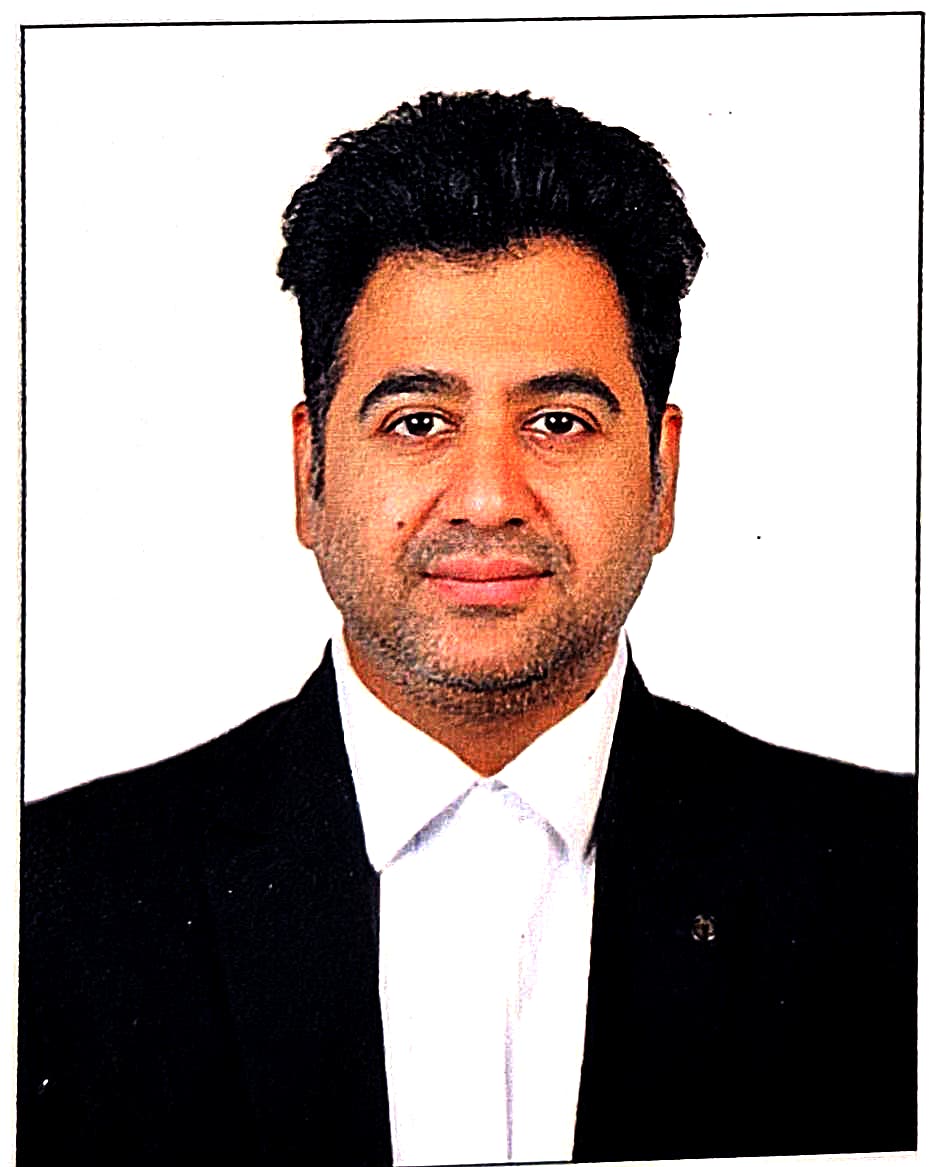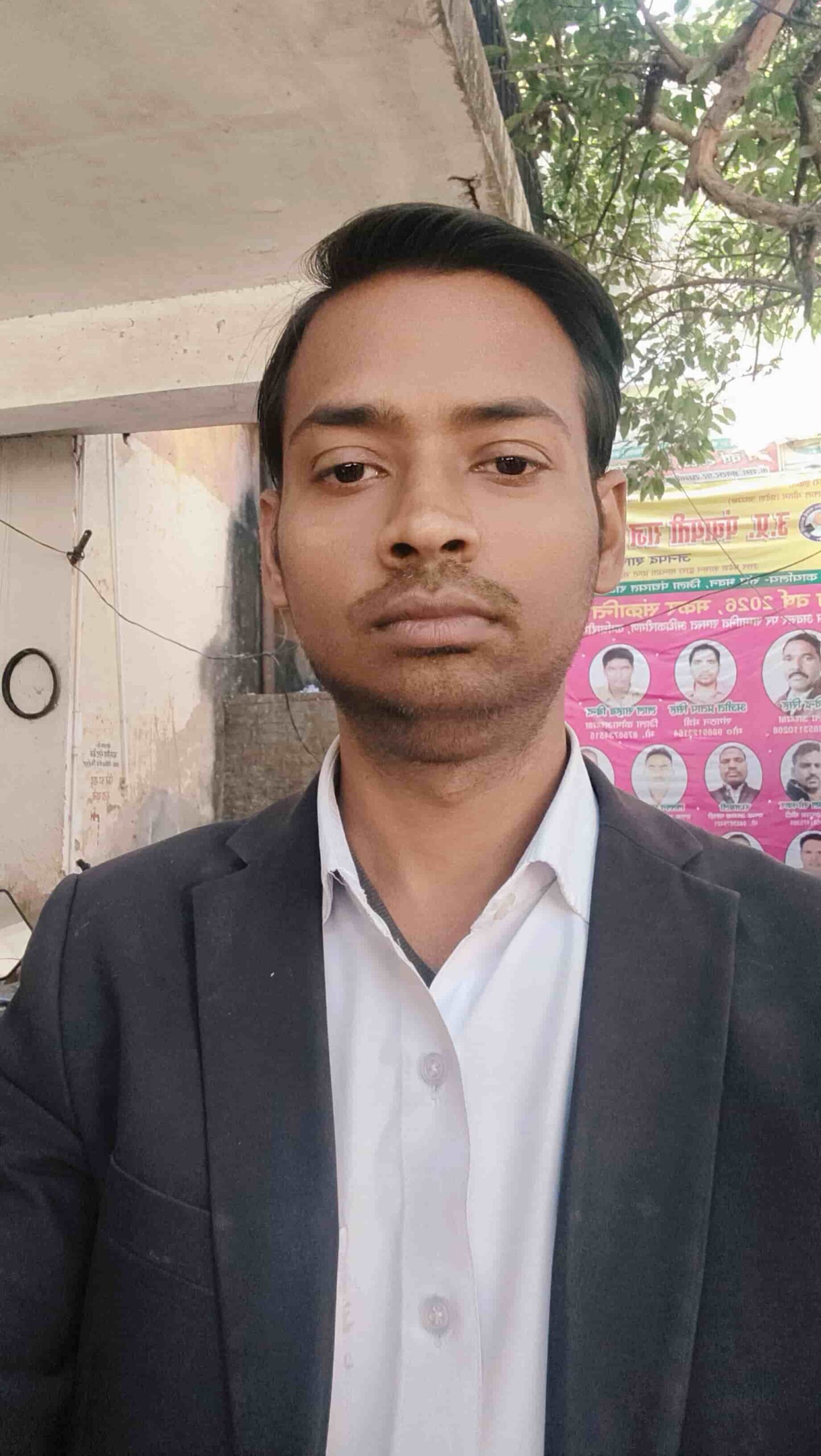Justice Siddiqui is a distinguished and highly respected figure in the Indian legal fraternity, with a career spanning several decades and a remarkable record of public service across diverse judicial and quasi-judicial roles. His legal journey began in 1960 and has since encompassed key areas of the Indian legal system, including constitutional, criminal, civil, arbitration, corporate, and personal laws. With an impeccable command over legal principles and a deep commitment to justice, Justice Siddiqui has left an indelible mark through his judgments, legal leadership, and institutional contributions. Known for his intellectual rigor and integrity, he has played a pivotal role in upholding the rule of law and shaping judicial thought in India.
Justice Siddiqui’s tenure as a Judge of the Delhi High Court was marked by sound legal reasoning and delivery of several landmark judgments, many of which stood the test of time and remained unchallenged. His ability to handle complex constitutional and civil matters with clarity and fairness earned him widespread recognition in legal circles. Prior to this, he served as Registrar General of the Supreme Court of India, a position reflecting both his administrative acumen and judicial insight. His service in the apex court’s administration underscores the trust reposed in him to ensure efficiency and uphold institutional discipline. His work has consistently emphasized due process, procedural fairness, and constitutional balance.
In addition to his judicial responsibilities, Justice Siddiqui has been entrusted with several high-profile national assignments that highlight his leadership and credibility. As Secretary to the Justice Verma Commission, he contributed to critical recommendations on judicial accountability and legal reform. He also served as Chairman of the Railway Claims Tribunal, a role in which he helped streamline dispute resolution for railway-related claims and ensured speedy justice for litigants. Perhaps most notably, his role as Chairman of the National Commission for Minority Educational Institutions stands out as a defining part of his public service legacy. In this capacity, Justice Siddiqui championed the educational rights of minority communities in India, supporting the constitutional mandate to ensure equitable access to quality education.
Throughout his illustrious career, Justice Siddiqui has maintained a reputation for fairness, independence, and dedication to the cause of justice. His judgments and administrative reforms reflect a visionary approach to legal interpretation and a profound understanding of India’s socio-legal framework. A mentor to many in the legal field and a respected voice in matters of public policy and ethics, he continues to be an influential figure in discussions around legal reform and judicial governance. Justice Siddiqui’s contributions not only enriched the Indian judiciary but also strengthened democratic institutions and legal protections for the marginalized. His legacy is built on a foundation of service, scholarship, and unwavering commitment to justice.









